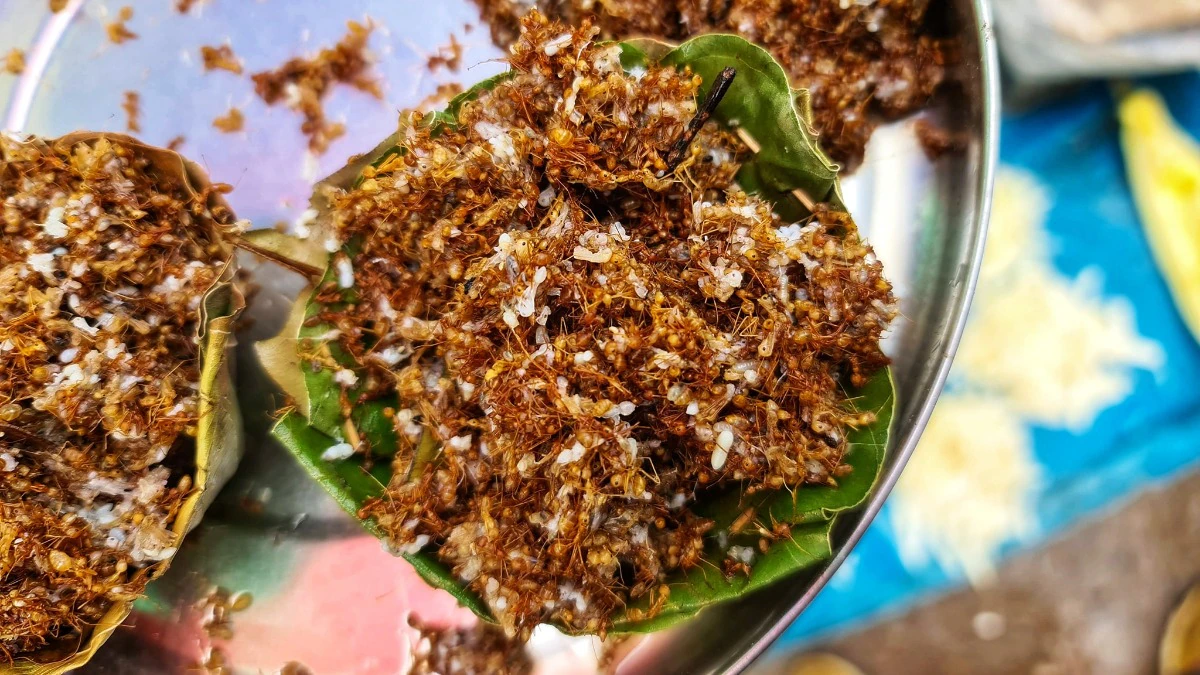Now Reading: Casu Marzu: The Controversial Cheese Made with Maggots in Sardinia
-
01
Casu Marzu: The Controversial Cheese Made with Maggots in Sardinia
Casu Marzu: The Controversial Cheese Made with Maggots in Sardinia

In Sardinia, Italy, a traditional cheese called Casu Marzu has stirred both fascination and debate. Known for its unusual preparation, the cheese is made by allowing live maggots to ferment the dairy. For locals, it is seen as a cultural delicacy with deep historical roots, but for many outsiders, it is one of the world’s most shocking foods. The story of Casu Marzu is one of tradition, controversy, and changing food cultures.
How Casu Marzu is Made
The process begins with a wheel of pecorino cheese, which is left open so flies can lay eggs inside it. As the larvae hatch, they eat through the cheese, breaking down fats and giving it a soft, creamy texture. The presence of maggots is not accidental—it is essential to the cheese’s fermentation. While unusual, this method has been practiced in Sardinia for generations.
Taste and Cultural Significance
Despite its unsettling process, locals describe Casu Marzu as having a strong, rich, and pungent flavor unlike any other cheese. It is often eaten during family gatherings or festivals, symbolizing heritage and identity. For Sardinians, it is not just food, but a marker of tradition passed down through centuries.
Safety Concerns and Regulation
Casu Marzu has long faced restrictions due to health concerns. The presence of live maggots means it does not meet many international food safety standards. Some argue it can be unsafe to consume, while others insist that when prepared properly, it poses no harm. This tension between tradition and regulation has kept the cheese both rare and controversial.
Drawing Parallels with India
For Indian readers, the idea may seem extreme, but it also raises questions about how traditional foods are perceived. Many regional Indian dishes—like fermented bamboo shoots in the Northeast or red ant chutney in Odisha—are considered unusual by outsiders but remain deeply rooted in local culture. Just like Sardinians defend Casu Marzu, communities in India value their traditional foods as part of identity and survival.
A Tradition at the Crossroads
Casu Marzu stands at the intersection of heritage and modern regulation. To some, it is a symbol of Sardinian pride; to others, it is unsafe and best left behind. Whether one sees it as a delicacy or a taboo, the cheese tells us something important: food traditions are never just about taste, but about history, resilience, and the stories communities choose to carry forward.

























